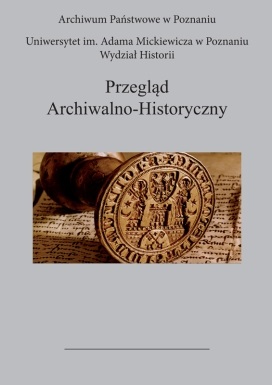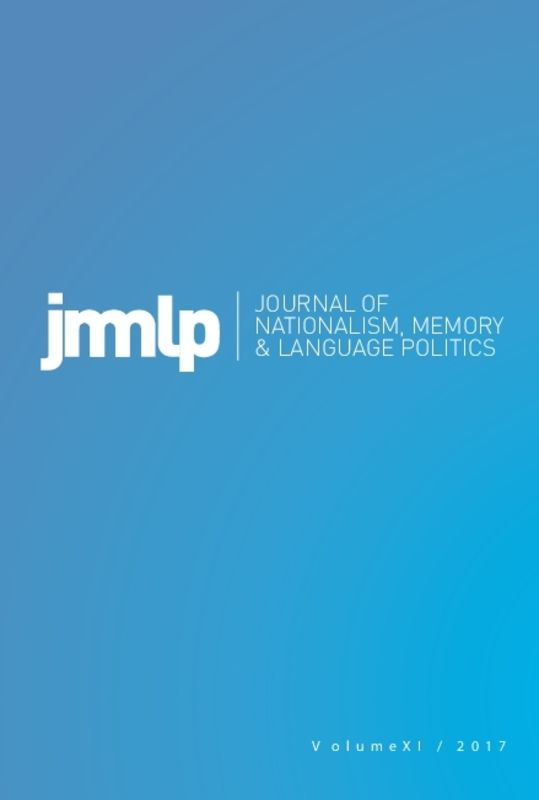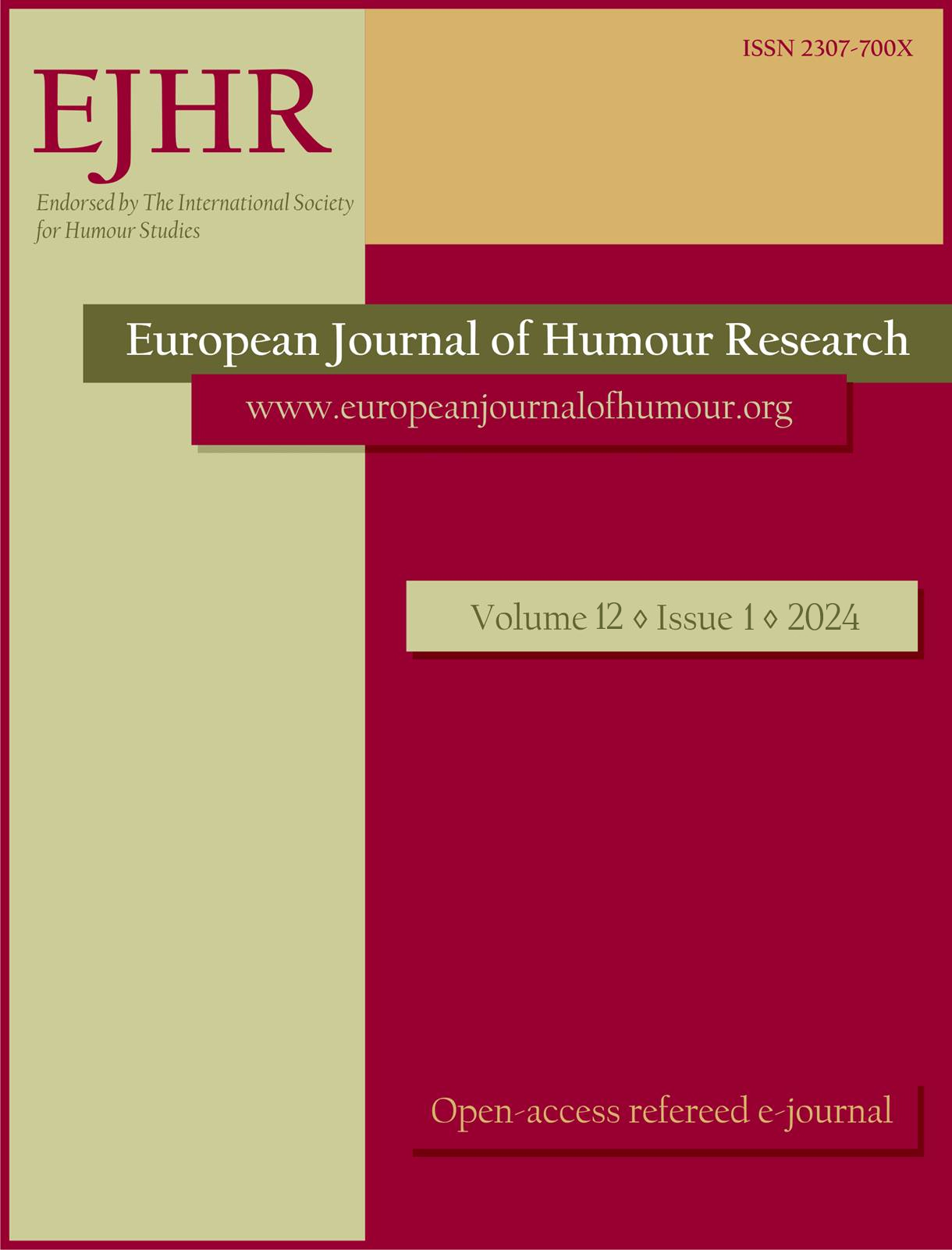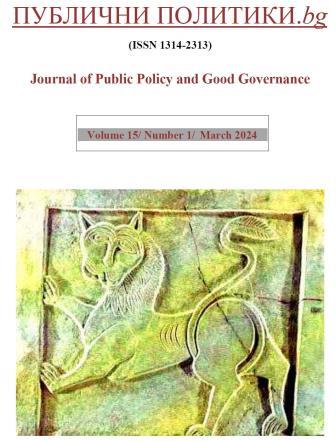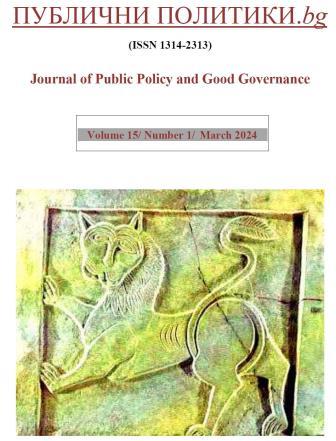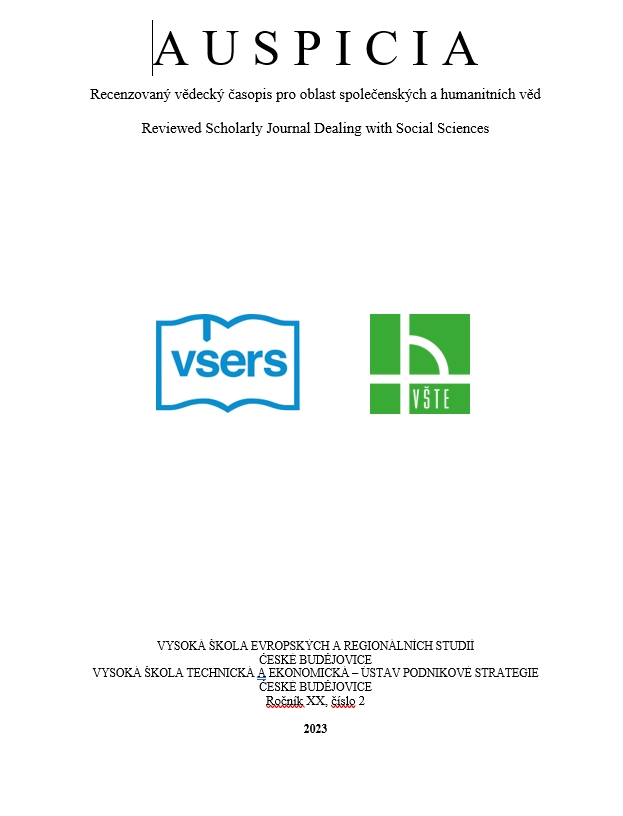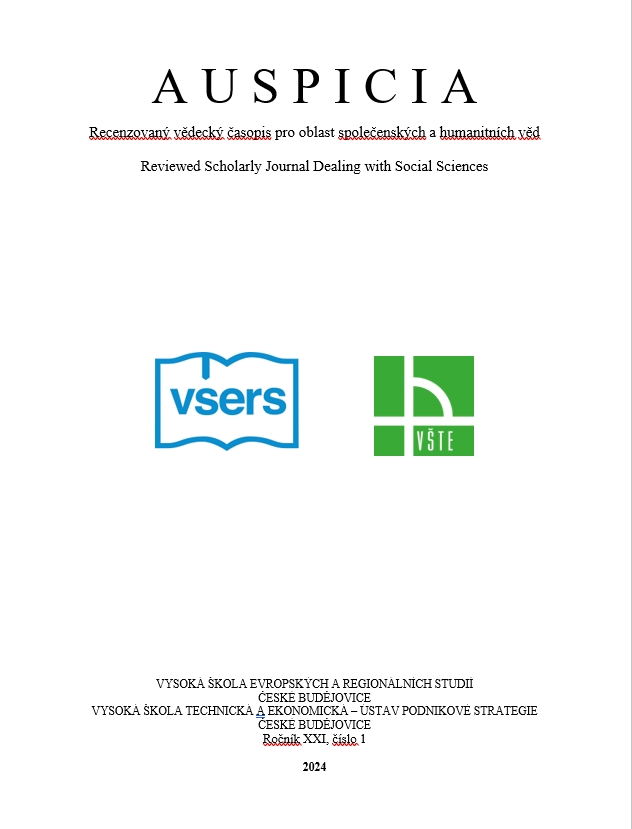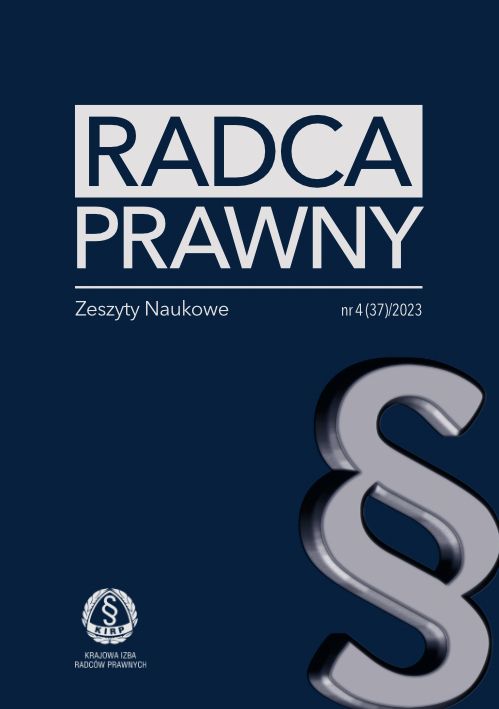
Odpowiedzialność karna za podjęcie obowiązków w obcym wojsku (obcej organizacji wojskowej) lub w ramach wojskowej służby najemnej zakazanej przez prawo międzynarodowe (art. 141 §1 i 2 k.k.)
The Constitution of the Republic of Poland imposes on a citizen of the Republic of Poland the obligation to defend the Homeland (Article 85(1) of the Act of March 11, 2022 – Homeland Defense Act; Article 3(1) of the Act also stipulates that Polish citizens capable of performing this duty due to age and health are subject to the obligation to defend the state). Violation of this obligation may lead to the realization of criteria defining criminal acts specified in Chapter XVIII of the Act of June 6, 1997 – Polish Penal Code. The subject of the analysis regards crimes under Article 141 §1 and 2 of the Polish Penal Code. The fundamental problem is the issue of the defense capacity of the Republic of Poland, which may be threatened by the participation of Polish citizens in foreign troops and the destabilization of the international community by the actions of mercenary forces. The issue of service in a foreign army or the activities of mercenaries, in the perspective of numerous armed conflicts and the tense situation in regions with high political instability, becomes a very relevant issue, especially for those who take part in activities in this area due to their professional experience (professional soldiers, officers of special services).
More...
